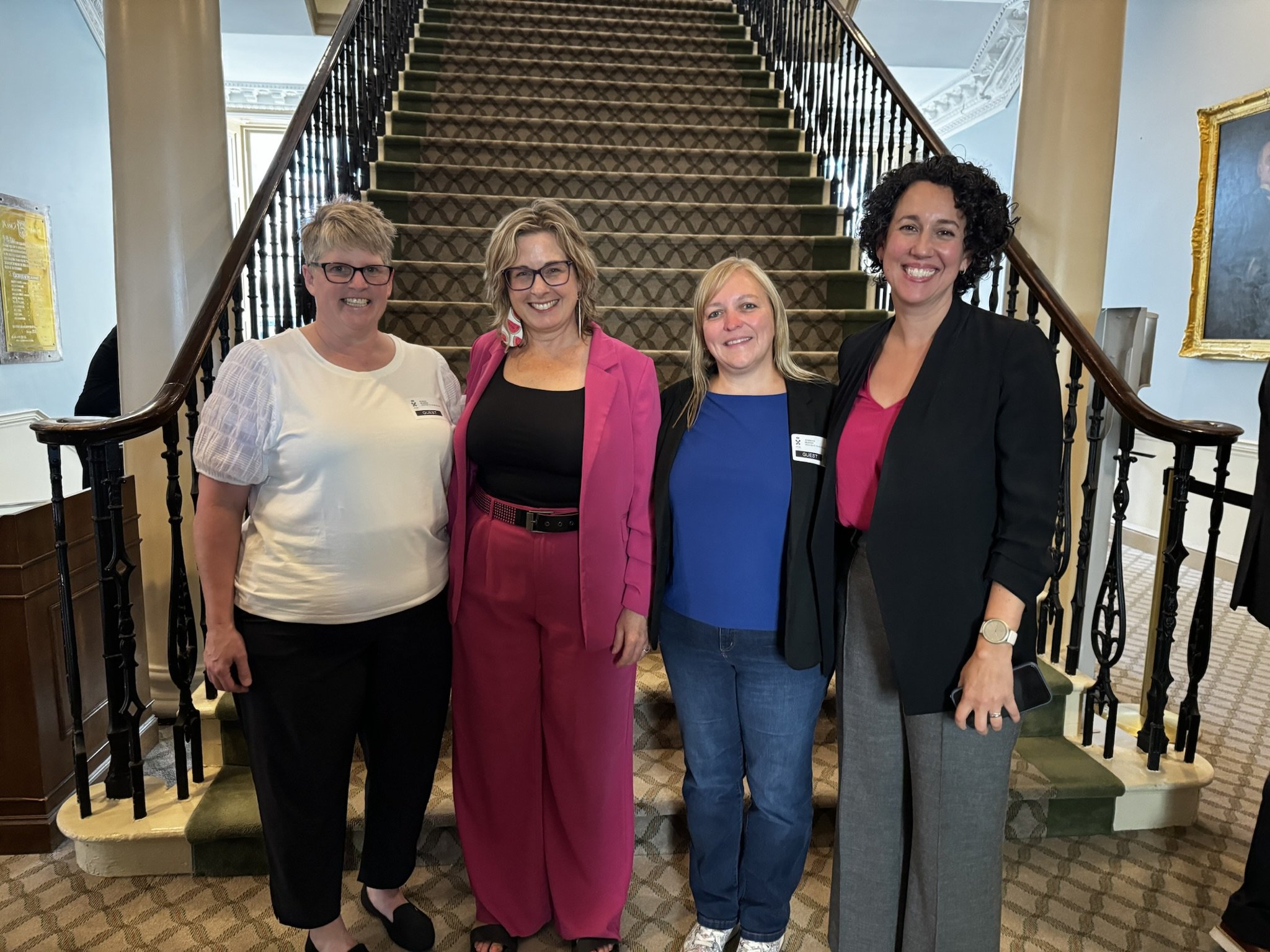SUSAN LEBLANC « » : Speaker, up to 50 per cent of cancers present in the densest breasts - that is, categories C and D - may be missed with regular screening. We've known this for years, and we know what the consequences are. Why is this government not providing additional screening for women with category C and D dense breasts?
HON. MICHELLE THOMPSON « » : We've had a number of conversations over the last couple years in regard to this. Dense breasts are one risk factor, but it is not the only risk factor. It's made known to individuals whether they have dense breasts post-mammography. It's an important conversation they need to have with their clinician. There is a wraparound program. We work with the Nova Scotia Breast Screening Program to understand best practice. There is enhanced screening that can happen based on a conversation. Dense breasts is one risk factor, but it's not the only risk factor. I would encourage folks that we are following best practice. We are one of only two provinces that have the high-risk breast-screening program in the country. We'll continue to work with the experts to understand any emerging evidence.
SUSAN LEBLANC « » : Speaker, in 2019, Nova Scotia began to directly inform women of their breast-density category - A, B, C, or D - after their screening mammogram. This lets women know whether they are at risk of having missed a cancer diagnosis, but it doesn't create a pathway for these women to access the screening. What the minister has just mentioned does not happen as a matter of course for most women. We've heard that from them time and time again. Most women who have dense breasts do not get access to the screening they need to detect the cancer early. Why is the government blocking women's access to essential life-saving screening?
MICHELLE THOMPSON « » : I think that's a terrible thing to say - that we are blocking women's access to care.
THE SPEAKER « » : I agree. The honourable Minister of Health and Wellness.
MICHELLE THOMPSON « » : We have invested a significant amount of money. Nova Scotia's breast cancer detection rate meets or exceeds national targets in all age groups. Nova Scotia exceeds the national target of less than 70 per cent of breast cancers that have not spread. Density distribution in Nova Scotia for all ages being screened is 27 per cent. We are working so hard to improve women's health. We are not holding back a resource. We're working with the Nova Scotia Breast Screening Program. We are trying to understand emerging evidence. I understand it is very frightening for people when they have a diagnosis of dense breasts, but it is one of a number of risk factors.
